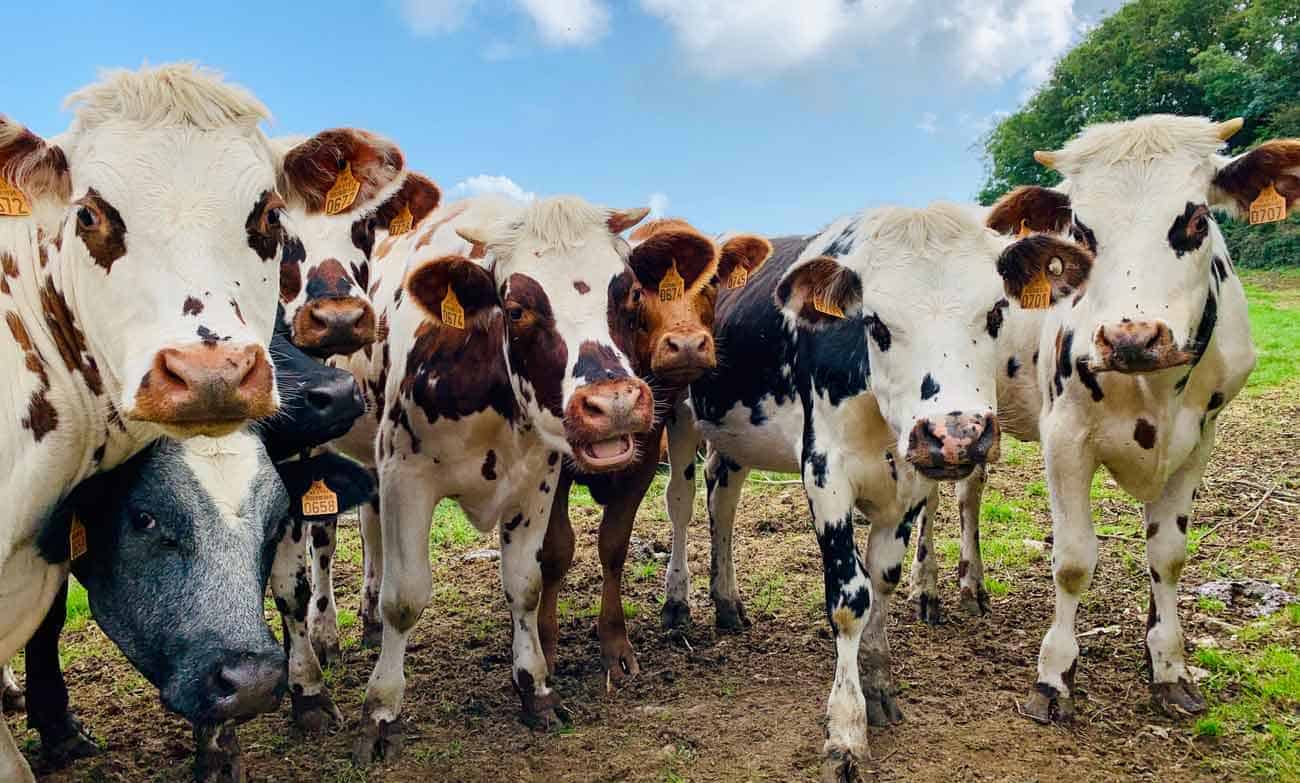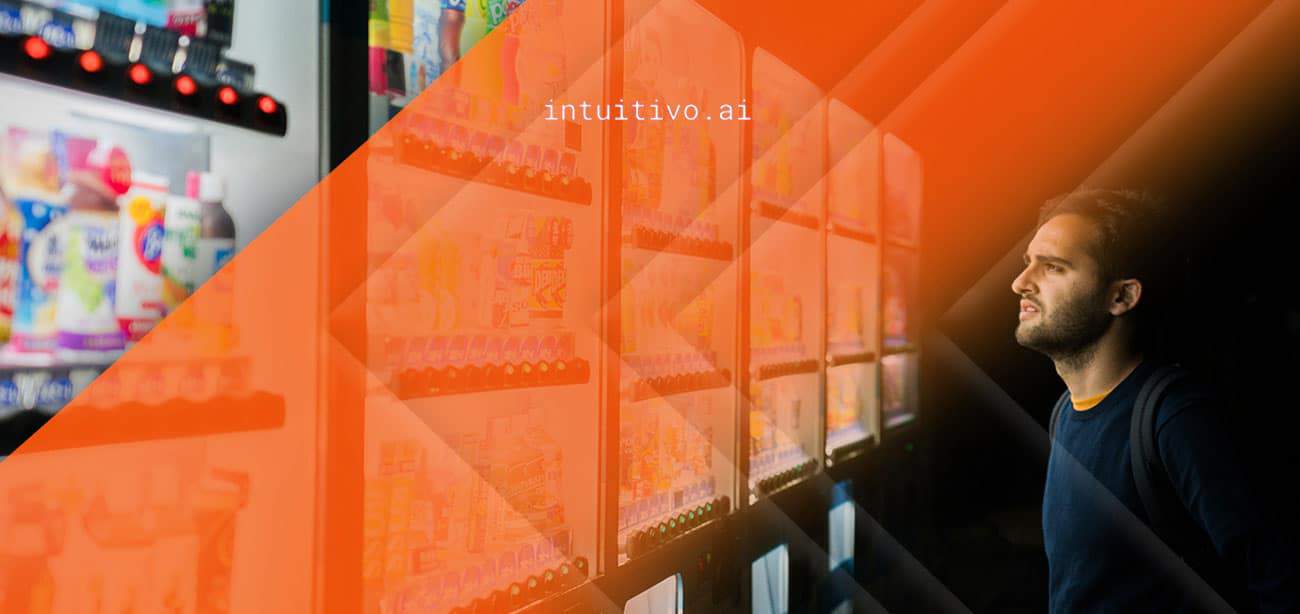Contxto – Despite economic obstacles, the Argentine beef industry is maintaining positive numbers. Just in September alone, shipments surpassed 80,000 tons, which was the largest monthly record in 14 years, according to sources.
With this resurgence, the President of the OpenAgro consultancy firm, Guillermo Villagra, recently announced its new OpenBit cryptocurrency business unit. As part of this, BitCow is one of the first blockchain-powered tools in the region for investors to tap into this age-old economic sector.
This announcement comes after extensive research and development.
“Together with a group of investors, it took us more than a year of work to carry out the whole set-up at the technological level,” said Villagra to iProUP. “Also, to get in line with the regulations of the comptroller bodies.”
According to him, BitCow is a digital token using “real assets,” meaning cows.
“It was devised as an investment alternative designed for those savers who are thinking of entering the livestock business but do not have the time, knowledge or economic resources to do something on their own,” added the executive.
Thanks to this digital solution, users will be able to better monitor the trajectory of Argentina’s famous steaks throughout global markets.
Digital cows in Argentina
Under this virtual currency model, investors can allocate a minimum of ARP$9,000 (approximately US$150). In the end, this equals 10 percent of a BitCow. Therefore, ARP$90,000 can buy users a pregnant cow, which represents one whole BitCow unit.
“This last value is equivalent to two animals,” said Villagra, who currently manages a rodeo of over 8,000 bovines.
“That number was set because everything is included; from the lease of the field, the supplies, and vaccines, to the veterinarian expenses. It is accessible because whoever wants to launch on their own to invest in the farm must have a lot of financial backing and knowledge. It’s not a business for everyone.”
From his perception, this is a tech-friendly solution to one of Argentina’s most traditional industries, which has become progressively more competitive over the years. So far, it has launched 1,500 BitCows to the market, supported by 2,250 animals.
“In total, we have a rodeo of 8,000 heads, which would allow us to issue the first 5,000 BitCows from here to the next few months,” he said. Eventually, his goal is to reach 10,000 BitCows among 15,000 cows.
In regards to growth, this scheme will depend on strategic breeding for exponential growth.
“If we take a rodeo of, let’s say, one hundred cows with a good rate pregnancy, the following year we will obtain 50 percent of males and another 50 percent of females,” said Villagra. “Then we sell the males to pay for operating costs.”
Meanwhile, the female cow will continue the reproductive cycle. What this means is that investors could see returns with as many as six to seven more heads than before.
Argentine beef industry
Since Argentina could continue to regain its bearings as a global leader in beef exports, oversea shipments could grow to 775,000 tons with 7 percent of total market shares by 2020.
In 2018, Argentina ranked sixth internationally for beef exports with 507,000 tons and 5 percent of the market share. Nonetheless, today’s beef industry doesn’t compare to Argentina’s former golden days in the early 1900s. Perhaps this new initiative will yield positive results after a century of economic decline.
Nowadays, international demand for meat is at a record high, especially with China purchasing 60 percent of Argentine carnivorous exports. Recent outbreaks of African swine virus that decimated swaths of livestock has much to do with this.
Generally speaking, other Argentine startups are also developing innovative technology for the cattle industry. For example, the founders of ZELP (Zero Emissions Livestock Project) created a device that analyzes methane in cow burps. This way, it captures methane from cows and transforms it into CO2.
-JA







